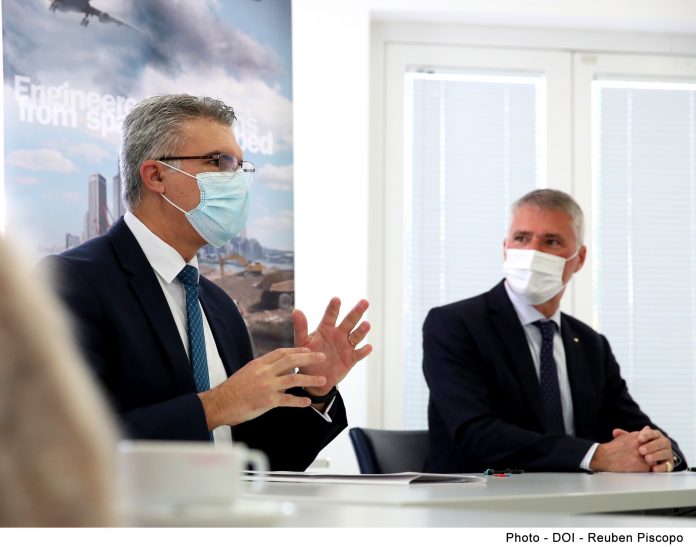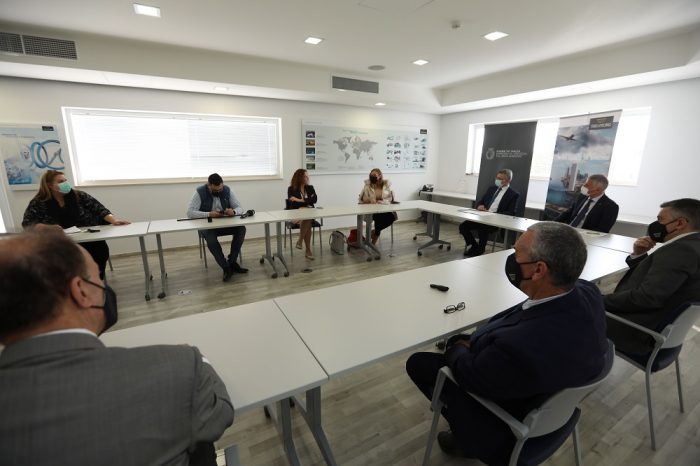
On Zero Discrimination Day, Minister within the Office of the Prime Minister Carmelo Abela visited the company Trelleborg Sealing Solutions in Ħal Far, a company which proves through action that it does not tolerate non-discrimination at the workplace.
The company was founded in 1961 by the name of Malta Rubber and is now part of the Swedish international group Trelleborg. It employs 530 workers of 19 different nationalities, 30% of whom are women. Minister Abela was welcomed by the Managing Director of the company in Malta Martin Hignett.
In a speech on the occasion, the minister stressed the role of the Department of Industrial and Employment Relations, which falls within his portfolio, and which is the guardian of working conditions for all. He said that a crucial principle of the work of the department is that of equal pay for equal work, and that there should be no discrimination in working conditions, such as wages. This is managed through the enforcement section which investigates the conditions of employment and also takes cases to Court if necessary, as well as a Customer Support Unit which handles cases from the public which reach the department by e-mail, telephone calls and even walk-ins.
Minister Abela also spoke about the function of the Industrial Tribunal, an independent arbiter which hears cases of alleged unfair dismissal, discrimination, harassment, and different remuneration for work of equal value. The Department of Industrial and Employment Relations provides administrative support services to the Tribunal, to ensure its proper functioning. In fact, the minister mentioned that during the course of 2020, 10 cases of alleged unjustified dismissal and alleged discrimination were filed, together with 12 cases of alleged harassment and/or victimisation. In the previous two years, 43 allegations of discrimination were brought forward. The average number of cases since 2010 was 18 cases per year.
The minister said that the department is strengthening its operations by hiring more compliance officers so that it can conduct further investigations into sectors and enterprises where it suspects that discriminatory practices are taking place. In fact, he announced that later this year, a brochure explaining working conditions will be published and translated into several languages in order to reach as many workers as possible.
“We always continue striving to improve working conditions and reduce discrimination at the workplace by analysing existing laws, organising information campaigns on working conditions, as well as the ongoing work at European and international level to maintain the best practices in our systems,” concluded Minister Abela.

Photos: DOI, MSD









